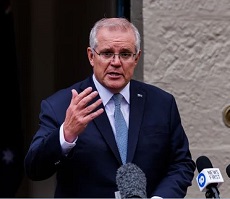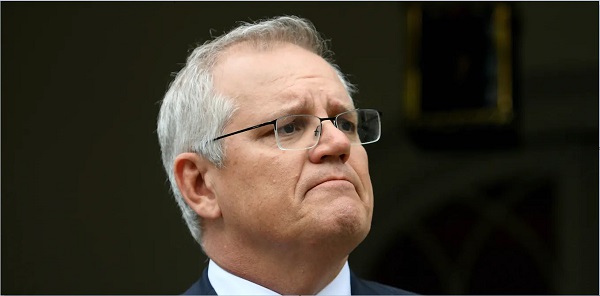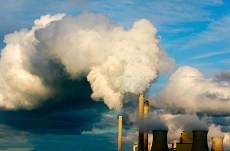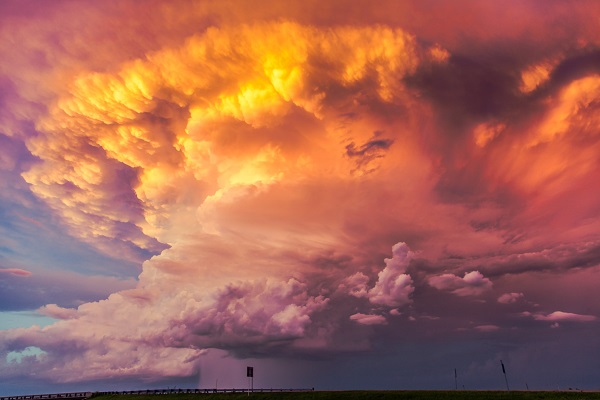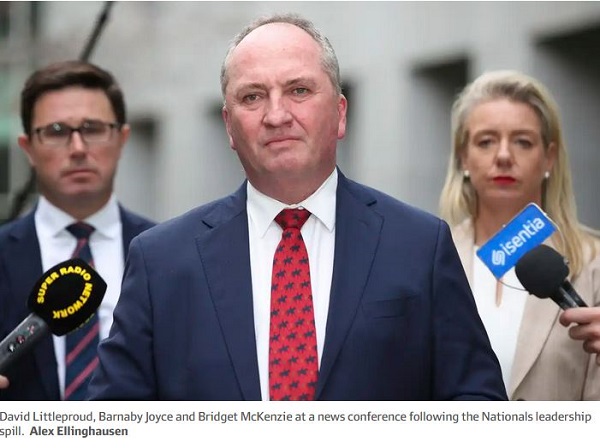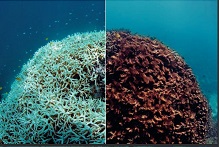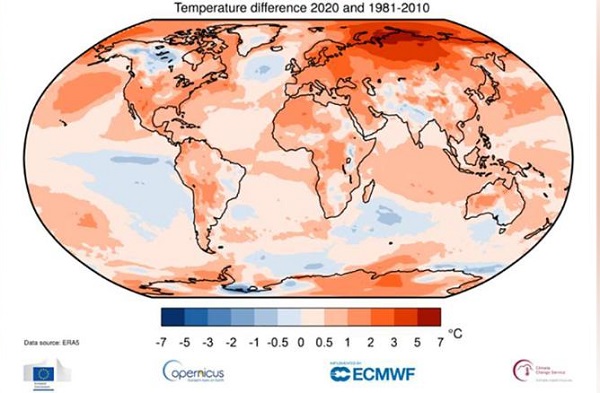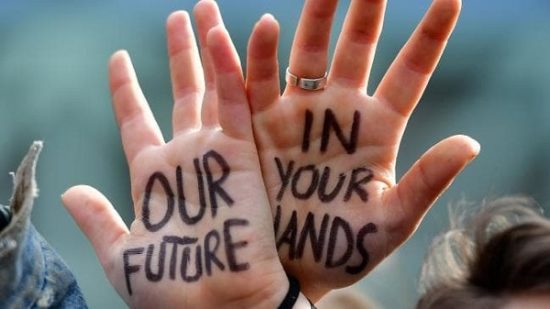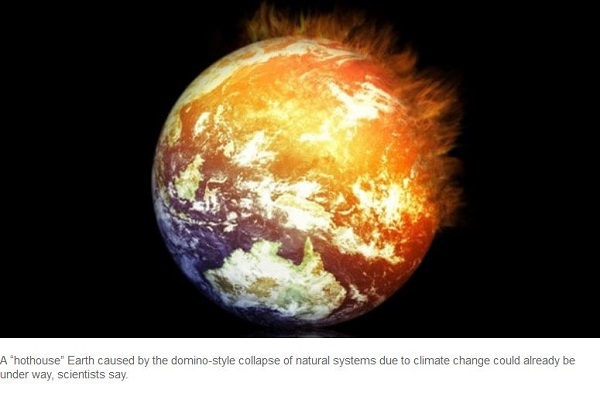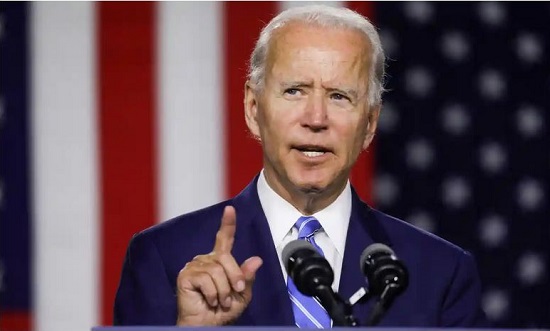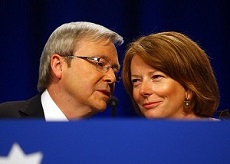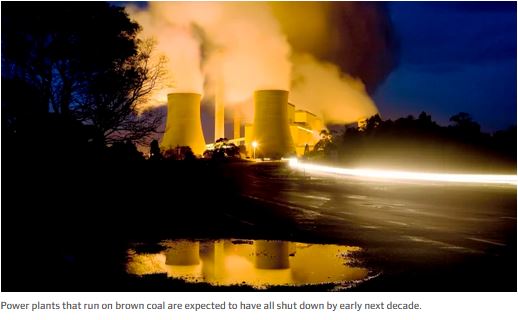
When Shadow Minister for Climate Change and Energy Chris Bowen stated at the Press Council that no jobs would be lost in coal or gas through Labor’s policy he received a strong challenge from Mike Foley of the SMH and The Age (from about 40:00 on the tape) who pointed out that the Government’s modelling showed coal-fired power reducing from 25GW to 14GW, which was more than can be accounted for by stated station closure timelines. Labor is going harder on renewables and claims that 82% of power generation will be renewables by 2030. Surely this means early closure of coal.
Bowen said stations may close, the market will decide, but there was no causal relationship with the policy, and the small percentage is explained by the fact that if we follow the call to ‘electrify everything’, especially heating and transport, much more power will be needed.
Coincidentally AEMO (Australian Energy Market Operator) has just produced it’s 2022 Draft ISP Consultation plan which show coal disappearing, evaporating before our eyes. Continue reading Cleaning out coal

